文科学士(荣誉)学位
BA (Hons) Liberal Arts

学历文凭
Bachelor Degree with Honours

专业院系
Interdepartmental

开学时间

课程时长

课程学费

国际学生入学条件
IDP—雅思考试联合主办方

雅思考试总分
6.5
- 雅思总分:6.5
- 托福网考总分:80
- 托福笔试总分:
- 其他语言考试:Pearson Academic PTE - 62 (with no less than 59 in each Communicative Skill) Cambridge C2 Proficiency or C1 Advanced - 176 with a minimum of 169 per component
CRICOS代码: LA01
申请截止日期: 请与IDP联系 以获取详细信息。
课程简介
Follow your intellectual interests, learn about the world around you and unlock opportunities across a range of sectors.,If you’re creative and curious with an interest in the Arts, Humanities and Social Sciences, the BA in Liberal Arts could be what you’re looking for. A highly regarded degree subject with a long-standing tradition, Liberal Arts gives you the freedom to craft a programme of study that is tailored around your interests and career aspirations. You can also apply to add a placement year or a year abroad to your degree, increasing the course from three years to four. This course appeals to highly qualified, self-motivated and independent-minded students who are seeking to make creative connections between their subjects. A multidisciplinary qualification that sits outside of traditional boundaries, the course offers exceptional flexibility and the opportunity to learn in some of the UK’s most prestigious Arts, Humanities and Social Sciences departments. You can choose to focus on two subjects at a deeper level or spread your learning across a wider range of subjects. You will explore a diverse selection of contemporary worldwide issues which will develop your intellectual and critical skills. As such, you will be well placed to take up careers in fields as diverse as law, teaching, publishing and the financial services. In the Arts and Humanities you can choose from: Classics and Ancient HistoryEnglish Literature HistoryMusic Philosophy Theology and Religious StudiesVisual ArtsLanguages, currently Arabic, Chinese, French, German, Italian, Japanese, Russian and Spanish Up to half of your modules can be chosen from subjects in the Social Sciences (subject to timetable compatibility and entry requirements): AnthropologyArchaeologyBusinessEconomicsEducationGeographyInternational RelationsPoliticsSociology and Criminology The degree culminates in a dissertation or research project on a relevant topic which draws together the skills developed throughout the course. Years 1 and 2 The first two years follow a similar structure. In each year you will study six modules, these can be chosen from a minimum of two and a maximum of four subjects. The subjects currently on offer are listed below. All students in Year 1 study the core Liberal Arts: Sources of the Self module. This is an interdisciplinary module which will challenge you to engage with ideas and concepts from across the Arts and Humanities Faculty, equipping you with the necessary skills to successfully undertake an interdisciplinary programme. Year 3 (Year 4 if undertaking a placement or year abroad) In your final year, you will complete a research projectdissertation within the Arts and Humanities faculty (including the choice of an interdisciplinary dissertation), and study four other modules, in two or three subjects. Modules can be chosen from a list of subjects which currently includes: Arts and Humanities subjects Classics and Ancient History includes translation, the history, philosophy, literature and culture of the ancient world, and the study of Greek and Latin at several different levels, opening up the literatures of the Greek and Roman worlds in their original languages. English Literature includes specific literary genres, such as poetry, drama and the novel. Also, the literatures of specific periods, including Medieval, Renaissance, Romantic, Victorian and Modern Literature, as well as studies in the theory and practice of literary criticism. History includes medieval, early modern and late modern history through a range of modules in economic, social, religious, cultural, political and diplomatic history, focusing on Britain, continental Europe, Africa, China and the USA. Modern Languages and Cultures includes the principal languages of Arabic, Chinese, French, German, Italian, Japanese, Russian, and Spanish.
相关申请
 预科
预科 奖学金
奖学金 实习机会
实习机会 在校学习
在校学习 跨境学习
跨境学习 校园授课-线上开始
校园授课-线上开始 在线/远程学习
在线/远程学习
开学时间&学费
学费信息仅供参考,请与IDP联系以获取详细信息
| 开学时间 | 时长 | 学费 | 地点 |
|---|
学校排名

世界排名114
数据源:
泰晤士高等教育世界大学排名
关于杜伦大学

杜伦大学创建于1832年,是英国历史最悠久的大学之一。杜伦大学建于中世纪世界遗产地旁,有着悠久的历史和现代价值观,是一座备受推崇并拥有前瞻性思维的学府。如今,来自世界各地的18000多名学生在达勒姆就读。杜伦大学有28个系,开设有200多门本科和研究生课程。该校很多教师都处于各自领域的最前沿。教职人员利用出色的研究和学科知识为所有学生提供优质的教学。目前,杜伦大学有17个学科在全球大学中名列前100位,其中九个学科名列前50位。除了在学术上的卓越成就,该校还努力为学生提供支持,帮助他们在毕业后获得有意义的工作。其毕业生就业能力目前在世界上排名第88位。该校的就业与创业中心致力于培养学生的专业技能,并提供商业人脉和工作机会。杜伦大学目前在2020年《QS世界大学排名》中名列第78位,稳稳跻身全球大学百强之列。该校为教职人员和学生创造了一个热情友好的多元化社交环境,并因此而倍感自豪。目前,杜伦大学28%的在校生为非英国本土学生。大学社区处在独一无二的达勒姆求学体验的核心位置,达勒姆的每个社区均是多元化、多学科的社区,由来自不同背景和文化的学者、学生和工作人员组成。有了这些社区,加上该校杰出的支持体系,学生们一定会有宾至如归之感,并可参与大量精彩的课题。
本校相关课程

博士神学与宗教
学历文凭
Ph.D.
开学日期
课程费用总额


MLitt神学与宗教
学历文凭
Masters Degree (Taught)
开学日期
课程费用总额

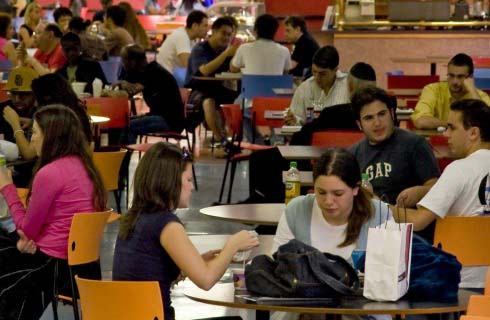
博士学位论文博士学位
学历文凭
Ph.D.
开学日期
课程费用总额


理学硕士心理学研究
学历文凭
Masters Degree (Research)
开学日期
课程费用总额


研究心理学硕士
学历文凭
Masters Degree (Research)
开学日期
课程费用总额

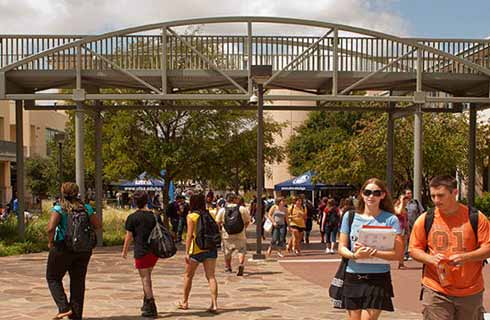
博士哲学
学历文凭
Ph.D.
开学日期
课程费用总额

其他相关课程
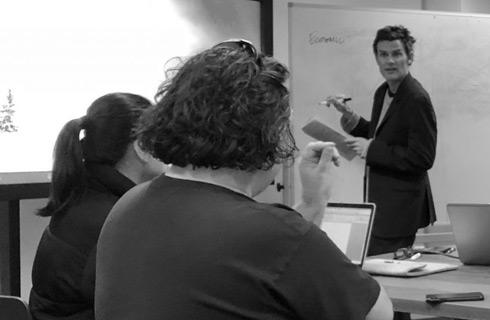
艺术与文化管理硕士
 墨尔本大学
墨尔本大学学历文凭
Masters Degree (Coursework)
开学日期
课程费用总额

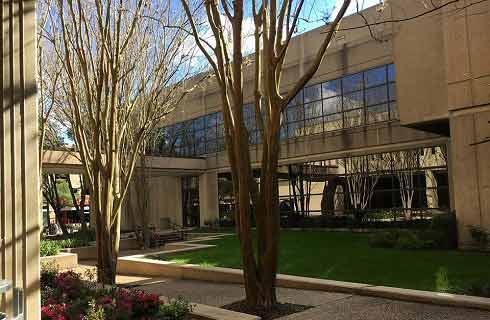
商业硕士(研究)
 斯威本科技大学
斯威本科技大学泰晤士高等教育世界大学排名:282
学历文凭
Masters Degree (Research)
开学日期
课程费用总额


犯罪学学士学位
 新英格兰大学
新英格兰大学学历文凭
Bachelor Degree with Honours
开学日期
课程费用总额

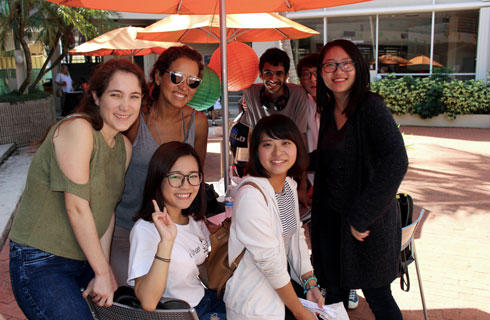
Study Abroad - JNSBA
 维多利亚大学
维多利亚大学泰晤士高等教育世界大学排名:602
学历文凭
Study Abroad
开学日期
课程费用总额


文理科学士学位
 悉尼大学
悉尼大学泰晤士高等教育世界大学排名:54
学历文凭
Bachelor Degree
开学日期
课程费用总额

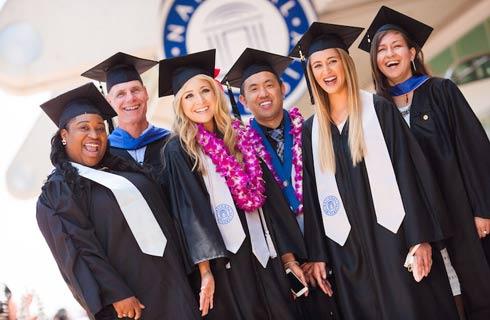
犯罪学硕士(专业)
 邦德大学
邦德大学泰晤士高等教育世界大学排名:412
学历文凭
Masters Degree (Coursework)
开学日期
课程费用总额










 英国
英国